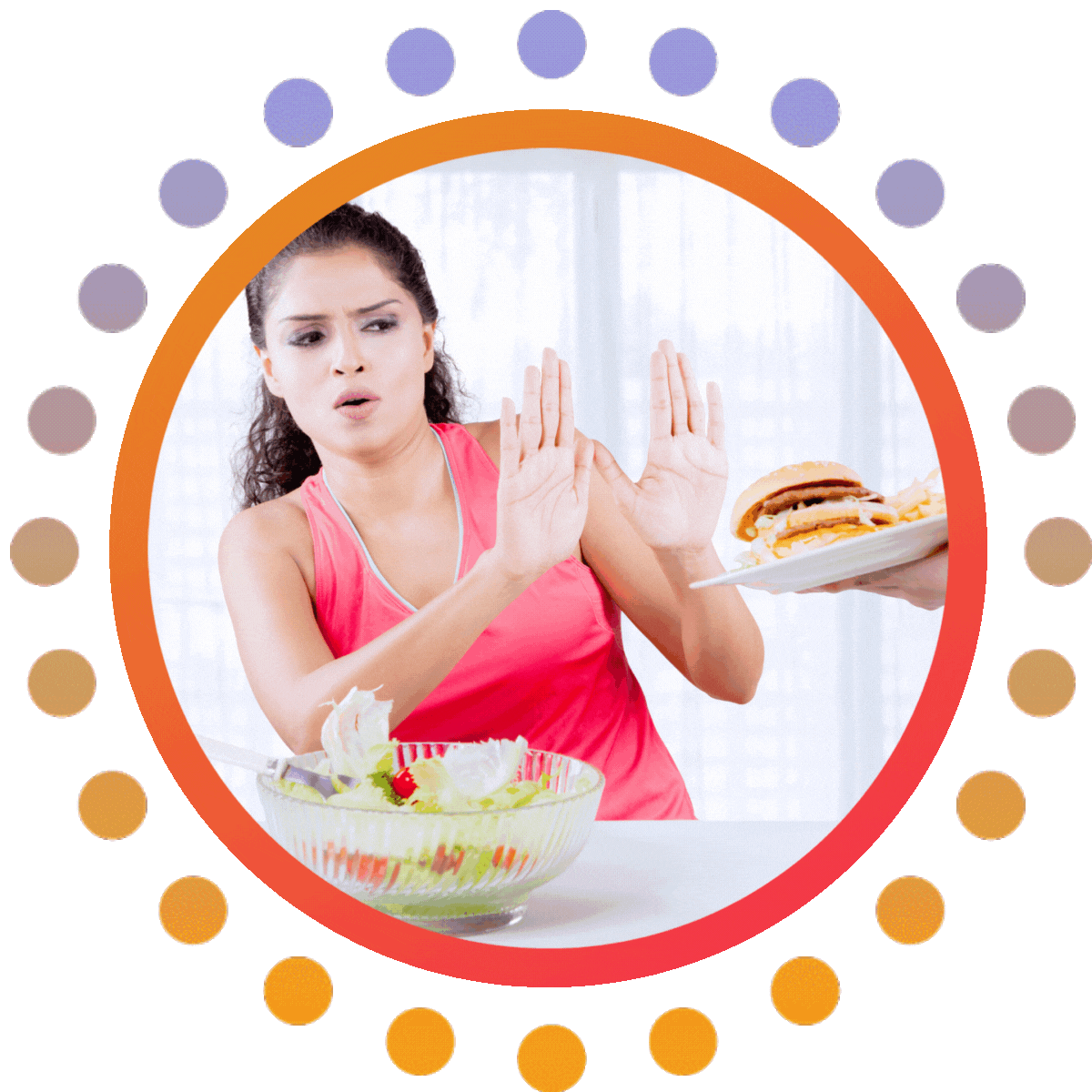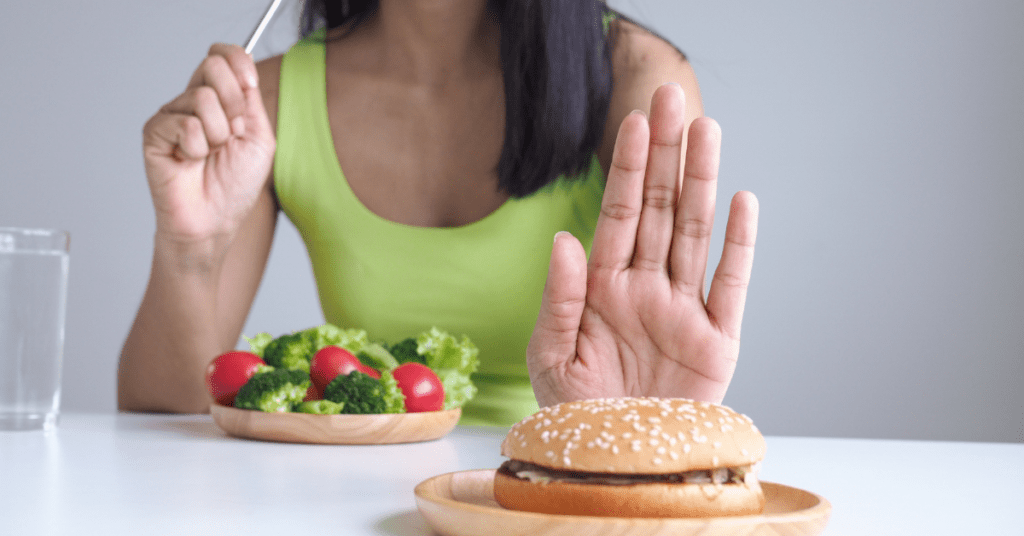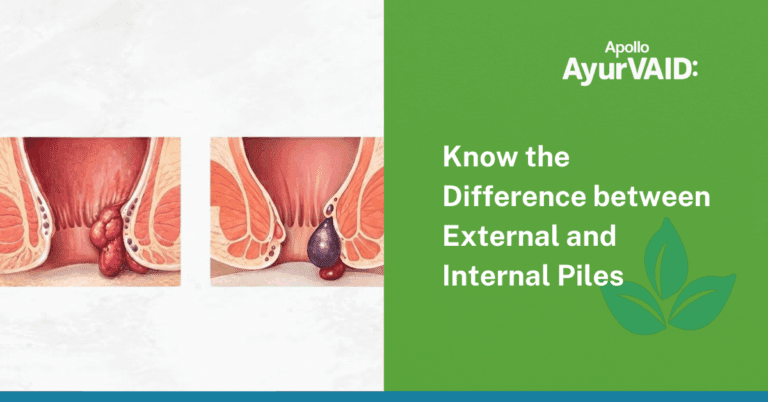
Web Stories
Step Into the Story: Explore Now
Hemorrhoids, also known as Piles, can be a painful and discomforting condition affecting many individuals. While there are various treatments available, prevention is always better than cure. One way to manage hemorrhoids is through a balanced diet. Understanding hemorrhoids what not to eat is crucial, as certain food items can worsen the condition. Avoiding spicy foods, processed items, and low-fiber diets can help prevent or reduce the symptoms of hemorrhoids and promote better rectal health.

Hot and Spicy Foods: Spicy foods rich in Katu Rasa in Ayurveda such as hot peppers and spicy sauces, can be a trigger for hemorrhoid flare-ups. They can irritate the digestive system and lead to bowel movements that are more frequent and urgent, potentially worsening existing hemorrhoids.
Processed Foods: Processed foods, like fast food, chips, and sugary snacks, are typically low in dietary fiber. A lack of fiber in your diet can lead to constipation, which is a common cause of hemorrhoids. To avoid constipation and reduce the risk of hemorrhoids, opt for whole foods like fruits, vegetables, whole grains, and legumes, which are rich in fiber and promote regular bowel movements.
Refined Grains: Refined grains, such as white bread, white rice, and sugary cereals, lack the fiber and nutrients found in whole grains. Like processed foods, they can contribute to constipation and should be limited in your diet.
Red Meat: Red meat, especially when consumed in excess, can contribute to constipation due to its lower fiber content. It’s advisable to limit your intake of red meat and choose leaner protein sources like poultry, fish, and plant-based proteins such as beans and tofu. These alternatives can help maintain softer stools and reduce the strain on the rectum.

Dairy Products: Dairy products like cheese and ice cream can be binding for some individuals, leading to constipation and potentially worsening hemorrhoid symptoms. If you suspect that dairy is affecting your digestion, consider reducing your consumption or opting for lactose-free alternatives.
Caffeine: Beverages like coffee and certain types of tea can lead to dry, hard stools, making them difficult to pass. Ayurveda also considers these beverages to increase Pitta Dosha. While moderate caffeine intake is generally safe for most people, be mindful of its effects on your digestive system and balance it with adequate water intake.
Alcohol: Alcohol consumption can lead to dehydration, which is a known risk factor for hemorrhoids. According to Ayurveda, it also increases Pitta Dosha. Dehydration can make stools harder and more difficult to pass, increasing the strain on the rectum and exacerbating hemorrhoid symptoms.
Conclusion
Hemorrhoids, also known as piles, often lead to significant pain and discomfort. While some meals could aggravate the disorder, others can help and support healing. Especially beneficial is a diet high in fiber since it encourages regular bowel motions and helps avoid constipation—a major cause or aggravation of hemorrhoids. Maintaining hydration and relieving gastrointestinal problems also depend on drinking enough water. Including foods high in fibers—such as whole grains, legumes, veggies, and fruits—into your regular diet will help significantly. See a healthcare expert for suitable therapy if symptoms continue or get worse.






